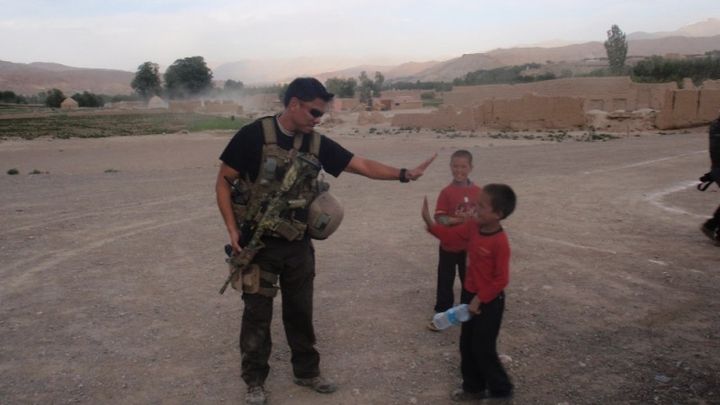
PhD Research Fund for Jay Reyes
Donation protected
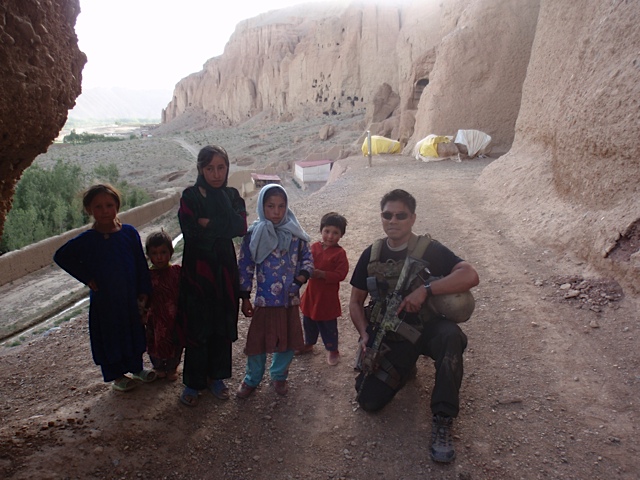
My name is MAJ Jay O. Reyes. I am currently a PhD candidate attending the University of North Carolina – Gillings School of Global Public Health and enrolled in the Environmental Science & Engineering program
 under the supervision of Dr. Mark D. Sobsey. I received a Master of
under the supervision of Dr. Mark D. Sobsey. I received a Master of Public Health from Eastern Virginia Medical School with an emphasis in epidemiology and a Bachelor of Science in Health Sciences from Old Dominion University. In addition to my academic responsibilities, I am also an Environmental Science & Engineering Officer (ESEO) in the U.S. Army with over 23 years of active duty experience and have deployed to various developing countries around the world. My last duty station was at Fort Bragg, North Carolina where I was assigned as the Group ESEO for the United States Army Special Operations Command, 3rd Special Forces Group-Airborne. My duties and responsibilities included developing pre- and post-medical threat deployment briefings, conducting Non-Trauma Module training for Special Forces medics, conducting environmental surveillance (e.g., air, water, and soil sampling), infectious disease surveillance and tracking, and conducting host nation Village Stability and Medical Outreach Operations.
Public Health from Eastern Virginia Medical School with an emphasis in epidemiology and a Bachelor of Science in Health Sciences from Old Dominion University. In addition to my academic responsibilities, I am also an Environmental Science & Engineering Officer (ESEO) in the U.S. Army with over 23 years of active duty experience and have deployed to various developing countries around the world. My last duty station was at Fort Bragg, North Carolina where I was assigned as the Group ESEO for the United States Army Special Operations Command, 3rd Special Forces Group-Airborne. My duties and responsibilities included developing pre- and post-medical threat deployment briefings, conducting Non-Trauma Module training for Special Forces medics, conducting environmental surveillance (e.g., air, water, and soil sampling), infectious disease surveillance and tracking, and conducting host nation Village Stability and Medical Outreach Operations. 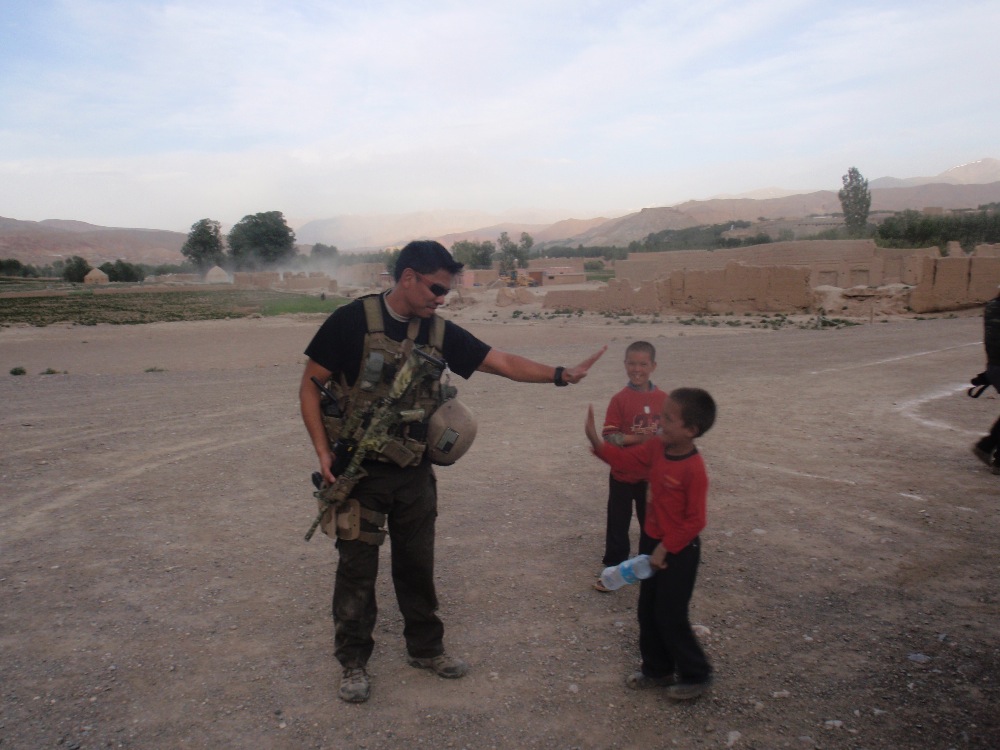
My last deployment was to Afghanistan in support of Operation Enduring Freedom. One of my main achievements during this deployment was the development of a bio-sand filter utilized to treat drinking water in the Bamiyan Province of Afghanistan. The development of this bio-sand filter was part of a joint effort with the Malaysian and New Zealand Special Operations and Provincial Reconstruction Teams. The implementation of these point-of-use (POU) drinking water treatment technologies significantly reduced gastrointestinal
 and diarrheal diseases throughout the Bamiyan Province as reported by the Afghanistan Ministry of Public Health. This achievement is what sparked my interest in the field of drinking water treatment and water resource management.
and diarrheal diseases throughout the Bamiyan Province as reported by the Afghanistan Ministry of Public Health. This achievement is what sparked my interest in the field of drinking water treatment and water resource management.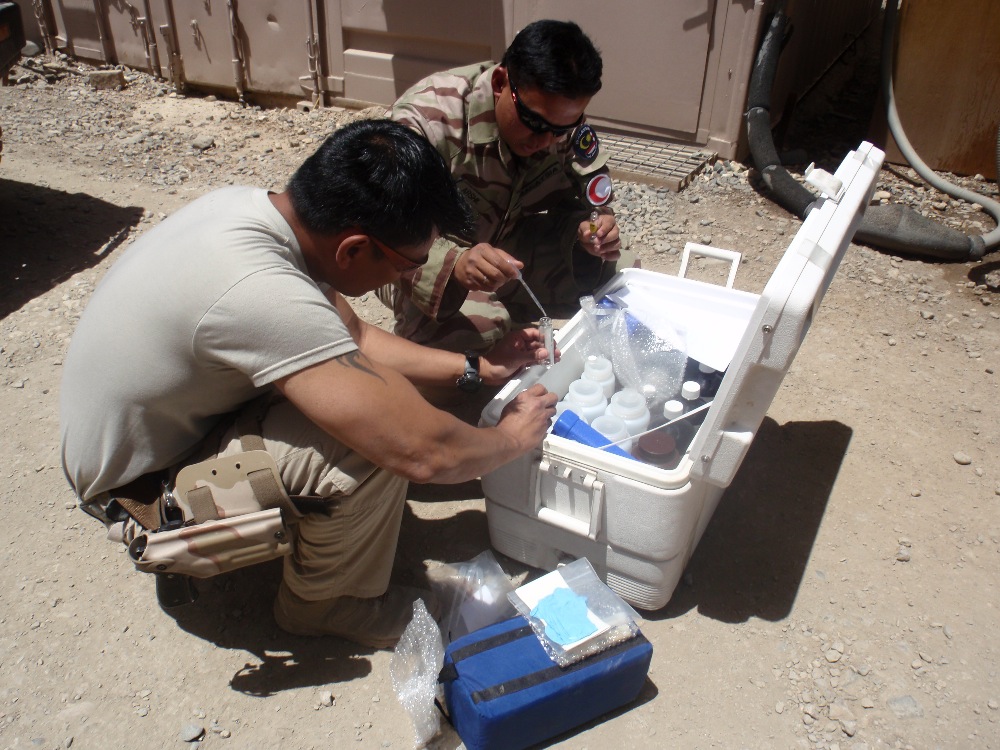
Upon the return from my last deployment, I was accepted into the Army Medical Department’s highly competitive Long Term Health Education and Training
 program, which provides funding for required course work and books, to pursue a doctoral degree. The program, however, DOES NOT cover any research expenditures for equipment and supplies necessary to conduct and complete my research.
program, which provides funding for required course work and books, to pursue a doctoral degree. The program, however, DOES NOT cover any research expenditures for equipment and supplies necessary to conduct and complete my research.My current research is entitled “A Comparative Analysis and Evaluation of Commonly Procured Small Unit Water Purifiers: Determining Potential Candidate Technologies for Special Operation Forces”.
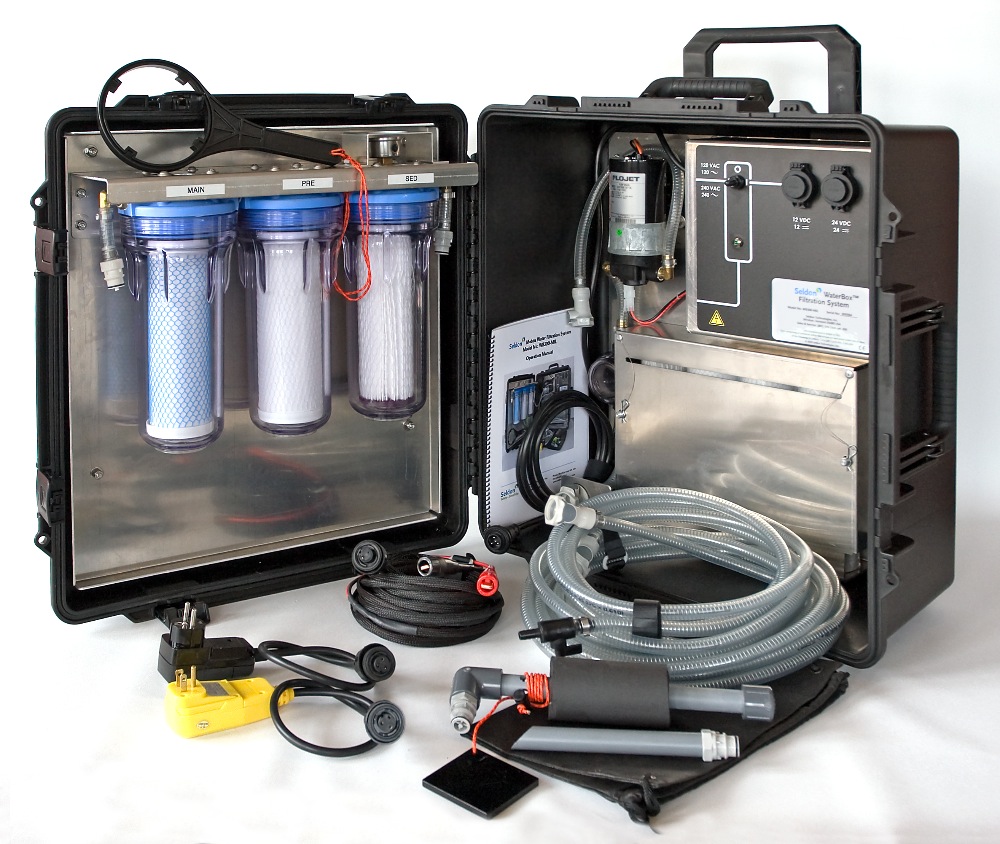
The theoretical rationale for this project is that appropriate and, in some cases, specific methods and procedures for performance evaluation of Point-Of-Use (POU) water purification technologies for field use has now become an established applied science and technology accepted by the World Health Organization, National Sanitation Foundation-International (NSF-I), US Environmental Protection Agency and the US Armed Forces.
However, the guidance and basis for evaluating and selecting such POU technologies is inconsistent among these authoritative sources and furthermore, there are no specific processes and protocols for selection and evaluation of commonly procured Small Unit Water Purifiers (SUWPs) available for and used consistently by Special Operation Forces (SOF). Therefore, this project intends to systematically and rationally evaluate and assess commonly procured SUWP technologies that have the potential to be used in a deployed SOF environment. In addition, a new and improved protocol to address both microbiological and chemical contaminant removal by SUWPs will be developed and submitted to NSF-I for approval, which can be used to augment the current NSF P248 protocol: Microbiological Water Purifiers, Military Deployments. The study intends to determine the efficacy of various SUWPs to remove known priority microbiological and chemical contaminants of health concern in support of SOF operations worldwide. Coordination with various Special Operation and Public Health Commands from each branch of service will be made to establish a list of priority microbial and chemical contaminants of concern and SUWP selection criteria. Feedback will be elicited regarding the current use of SUWPs in deployed settings from preventive medicine professionals and SUWP end-users to assist in refining the selection criteria based on the priority contaminants and the performance properties of the SUWP technologies. Using a systematic process, the top four SUWP technologies, which meet the screening and selection criteria for priority contaminant reduction, will be enrolled in the study. The approach to and conditions for SUWP testing will be similar to those used for POU technology evaluation according
 to NSF-I P248 but with an added approach to address chemical contaminants in water. To evaluate performance, the extent of log10 contaminant reduction will be compared against specified log10 reduction targets that are the basis for effective performance, as well as for the production of treated water that is microbial and chemically safe, based on remaining concentrations of contaminants relative to their allowable limits for safe water according to authoritative standards and guidelines.
to NSF-I P248 but with an added approach to address chemical contaminants in water. To evaluate performance, the extent of log10 contaminant reduction will be compared against specified log10 reduction targets that are the basis for effective performance, as well as for the production of treated water that is microbial and chemically safe, based on remaining concentrations of contaminants relative to their allowable limits for safe water according to authoritative standards and guidelines.The overall monetary amount budgeted for this research is approximately $150,000. The funds obtained from this campaign will be used to purchase supplies and equipment needed to successfully complete this study. The monies will also be used to fund any modifications to the lab facility needed to ensure the proper water flow rate required for each SUWP technology is acheived. All contributors will be cited in my research.
I sincerely appreciate any contributions made towards my research. I can assure you that my research is of great importance to the Special Operations community, the military as a whole, and possibly disaster relief agencies.
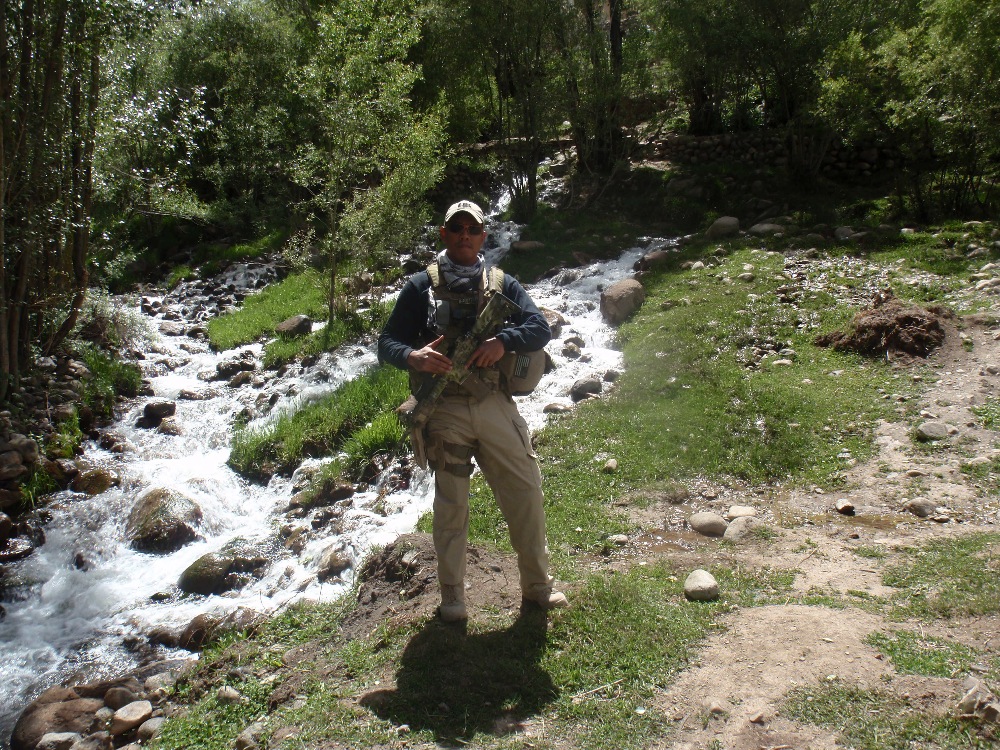
If you have any questions regarding this campaign, please contact
 me at [email redacted].edu. I work with and under the supervision of the following individuals below:
me at [email redacted].edu. I work with and under the supervision of the following individuals below:- Dr. Mark D. Sobsey, Program Advisor, Kenan Distinguished Professor, Environmental Science & Engineering Dept., Gillings School of Global Public Health, UNC at Chapel Hill, [email redacted]
- Dr. Glenn Walters, Director of Environmental Science & Engineering Design Center, Environmental Science & Engineering Dept., Gillings School of Global Public Health, UNC at Chapel Hill, [email redacted].edu
Disclaimer:
The views and opinions expressed in this article and research are those of the authors and do not necessarily reflect the official policy or position of any agency of the U.S. government. Examples of analysis performed within this article are only examples. They should not be utilized in real-world analytic products as they are based only on very limited and dated open source information. Assumptions made within the analysis are not reflective of the position of any U.S. government entity.
Organizer
Jay N Shannon
Organizer
Sanford, NC


